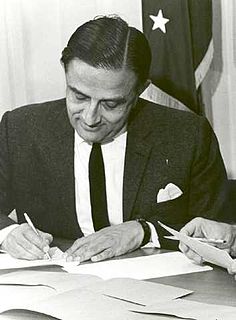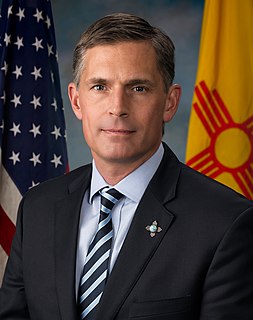A Quote by Vikram Sarabhai
There are some who question the relevance of space activities in a developing nation. To us, there is no ambiguity of purpose. We do not have the fantasy of competing with the economically advanced nations in the exploration of the moon or the planets or manned space-flight. But we are convinced that if we are to play a meaningful role nationally, and in the community of nations, we must be second to none in the application of advanced technologies to the real problems of man and society.
Quote Topics
Related Quotes
Everyone who's been in space would, I'm sure, welcome the opportunity for a return to the exhilarating experiences there. For me, a flight in a shuttle, though most satisfying, would be anticlimactic after my flight to the moon. Plus, if I pursued a flight myself, people would think that was the reason I am trying to generate interest in public spaceflight. And that's not the purpose - I want to generate interest in long-range space exploration.
No other advanced nation endures this kind of violence. None. Here in America, the murder rate is three times what it is in other developed nations. The murder rate with guns is ten times what it is in other developed nations. And there's nothing inevitable about it. It comes about because of decisions we make or fail to make. And it falls upon us to make it different.
I believe that space travel will one day become as common as airline travel is today. I'm convinced, however, that the true future of space travel does not lie with government agencies -- NASA is still obsessed with the idea that the primary purpose of the space program is science -- but real progress will come from private companies competing to provide the ultimate adventure ride, and NASA will receive the trickle-down benefits.
NEEMO missions are a challenging and exciting aspect of astronaut training. The research we conduct during those missions allows us to test new technologies and exploration concepts in conditions similar to the ones we'll experience in space. They are a great opportunity to help me expand my knowledge and develop new tools for future space exploration.


































